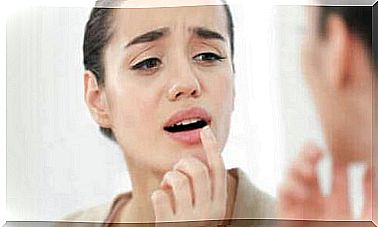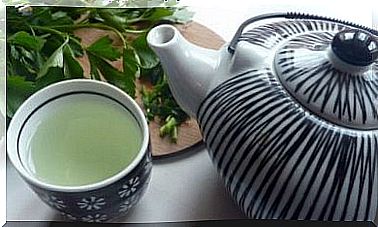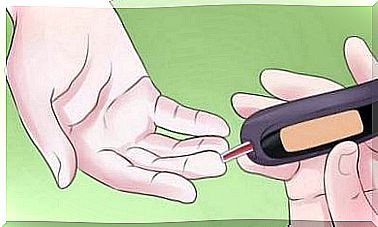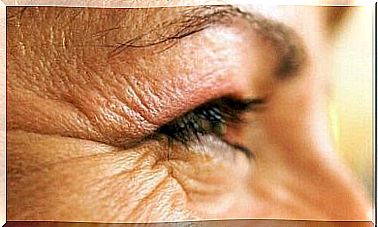A Guide To The Proper Use Of Mouthwashes
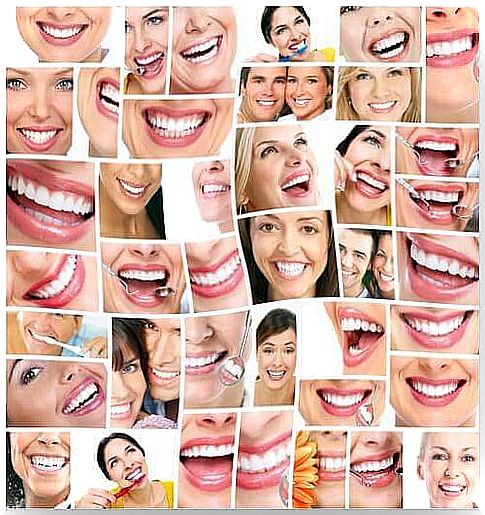
Mouthwash complements tooth brushing, but can never replace it. But if you use mouthwash in conjunction with brushing and dental floss, you will help maintain better oral health.
Some may think that just using mouthwash after meals can prevent plaque buildup and caries formation, but in reality this is not the case. So if you want to choose the right mouthwash for your needs, ask your oral health care professional for advice. An expert can better guide you in the proper use of mouthwashes.
Alcoholic or non-alcoholic mouthwash?
When choosing a mouthwash, the first thing to consider is its alcohol content. In addition to its antiseptic effect, alcohol is added in many cases to dissolve the components contained in the mouthwash.
If mouthwash contains alcohol, it should never be swallowed or used continuously, as in the long run, the use of alcoholic mouthwashes can negatively affect the oral mucosa. Alcoholic mouthwash is also not suitable for children. Thus, a number of other non-alcoholic alternatives have been introduced to the oral hygiene market.
Another point to keep in mind is that some mouthwashes contain a substance called CPC, i.e. cetylpyridine chloride, which is safe and effective. It is an ingredient that helps prevent the accumulation of bacteria in the mouth.
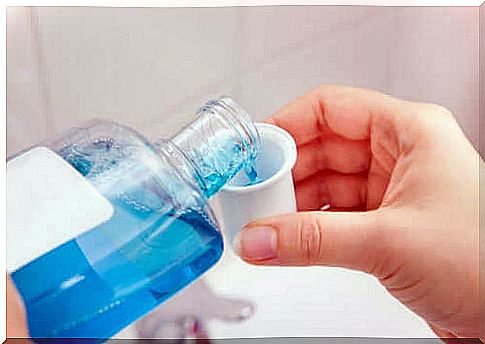
Various mouthwashes
Mouthwashes can be divided into two major groups: s mouthwashes for daily use and mouthwashes for a specific treatment. Mouthwashes for a specific treatment help treat gingivitis, gnashing teeth and mouth ulcers, among other things.
Generally, mouthwashes should be used about half an hour after brushing your teeth, as the components in toothpaste can interfere with their effectiveness. Below we will guide you in a little more detail on the proper use of mouthwashes.
Mouthwashes for the treatment of halitosis
If you suffer from halitosis, or bad breath, the most important thing is to find out the underlying cause. Bad breath is usually the result of putrefaction of bacteria that has accumulated in the mouth when food residues remain in the mouth, for example due to poor dental hygiene. Mouthwashes for the treatment of bad breath contain ingredients such as hydrogen peroxide, zinc, chlorhexidine or triclosan, which help to eliminate bacteria that have accumulated in the mouth and thus also neutralize bad odors.
To treat bad breath, it is recommended to rinse your mouth for 30 seconds with about 15 ml of undiluted mouthwash. Mouth rinsing should be performed at least 2 times a day or after each brushing. To increase effectiveness, try to avoid rinsing your mouth with water after using mouthwash. Also avoid eating food and drinks immediately after using mouthwash.
Mouthwashes for the treatment of gum-related ailments
Gum-related ailments occur when dental plaque bacteria begin to accumulate in the gums, leading to inflammatory conditions and bleeding in the gums. When left untreated, gingivitis can cause partial or complete tooth loss.
For the treatment of gums, soft mouthwashes that do not contain alcohol at all are usually recommended. These non-alcoholic mouthwashes usually contain gum-gentle ingredients such as iodinated povidone, phenols, and essential oils. Mouthwashes with metal salts are also intended for these cases.
Mouthwashes containing chlorhexidine have also been used to treat periodontitis, also known as periodontitis. It is a broad-spectrum antiseptic that has been shown to be very effective against bacterial plaque.
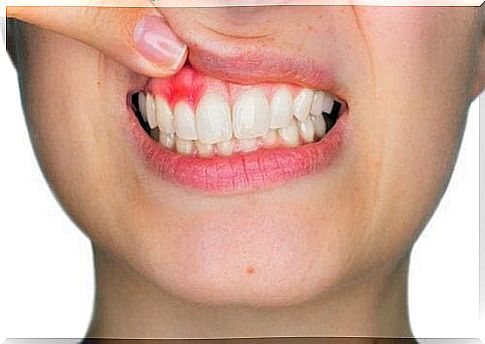
Mouthwashes for the treatment of caries
Caries, or tooth decay, is one of the most common oral problems that can fortunately be avoided with proper oral hygiene and fluoride therapy. Fluoride treatment helps to keep the tooth surface intact and thus prevents it from becoming porous, which in turn prevents bacteria from entering and accumulating on the tooth surface.
Mouthwashes that contain fluoride can prove to be a great help when the goal is to strengthen tooth enamel.
Mouthwash for xerostomia, or dry mouth
If you have a tendency to dry your mouth due to low saliva production, you are also at a higher than normal risk of suffering from infections caused by bacteria, because then saliva will not be able to fulfill its intended protective function. For this reason, the use of mouthwash is recommended, as it serves not only as a refreshing effect but also as a preventive measure. When looking for mouthwash to treat xerostomia, or dry mouth, you should check that it is high in mineral salts, vitamin E and fluoride.
Mouthwashes during orthodontics
If you have braces or are going through other types of orthodontic treatment, you may want to turn to mouthwashes, as brushing alone is not enough to clean your mouth and teeth properly. With the use of mouthwash, its effectiveness also extends to areas that simply cannot be reached by brushing alone, which in turn guarantees better and more comprehensive oral hygiene.
To rinse your mouth, you should squirt your mouth for 30 seconds with 15 milliliters of undiluted mouthwash. Repeat the spraying at least 2 times during the day or after each brushing.
Finally
The use of mouthwashes helps to remove food debris from the mouth and teeth that cannot be accessed by the toothbrush alone. For this reason, in addition to freshening their breath, they help maintain proper oral hygiene and health.
Similarly, there are a few more specific cases for the use of mouthwashes. In these situations, you should always consult a dentist or oral hygienist so that he or she can guide you in the proper use of mouthwashes in your particular case.

